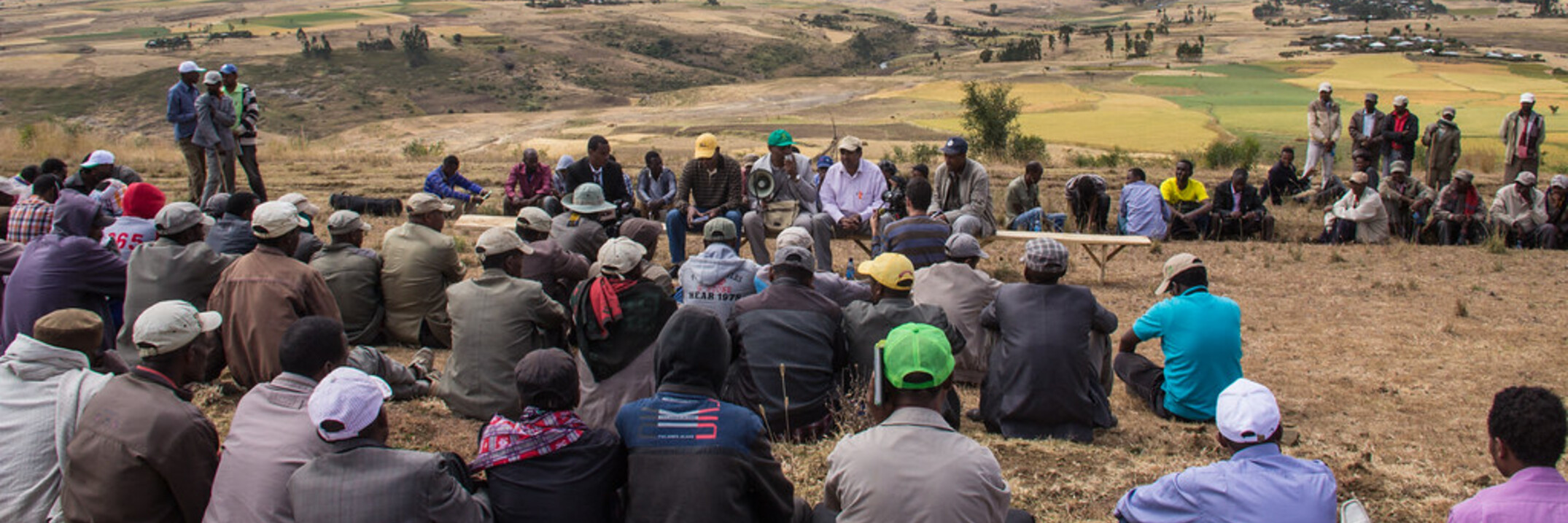In the context of growing populations and limited resources, the sustainable intensification of agricultural production is of great importance to achieve food security. As the need to support management at a range of spatial scales grows, decision...


